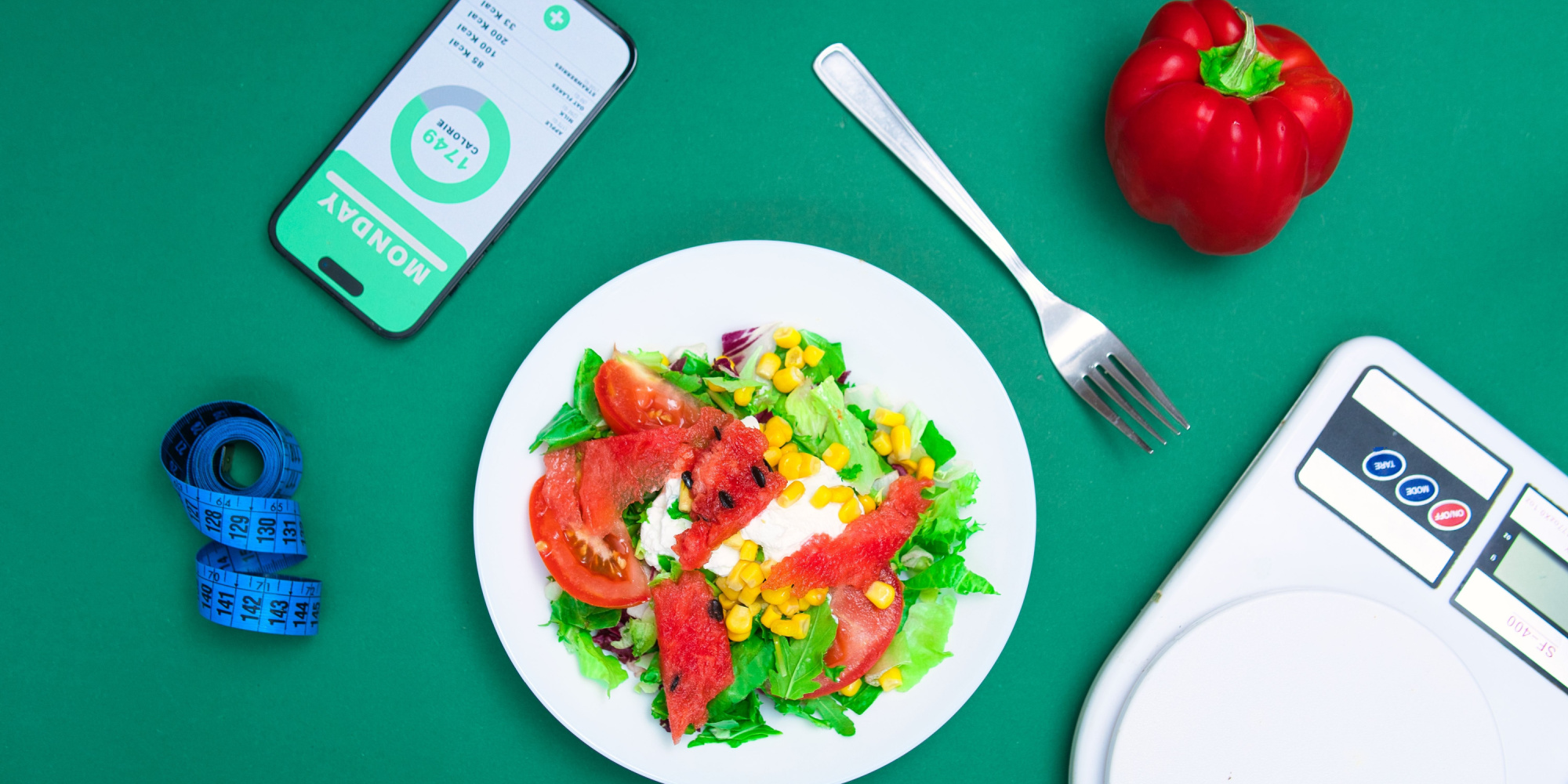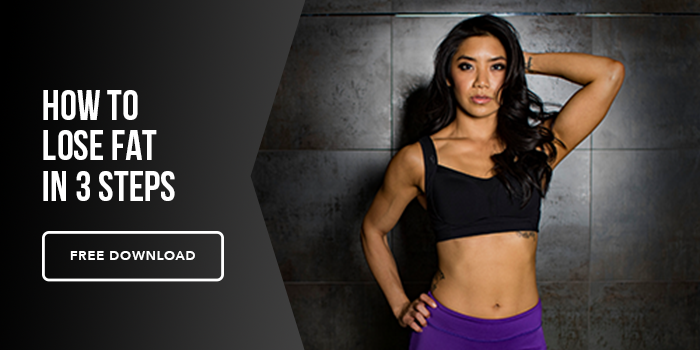Losing weight and improving your nutritional habits can seem a little daunting, especially when it comes to cutting down on certain foods. No one wants to stop eating their favorite foods (chips and salsa are my kryptonite), so just the idea of swapping out for healthier alternatives sounds like a chore no one wants to do.
Some people have resorted to counting macros as an alternative, focusing more on quantity than quality. This method allows you to still eat some of your favorite foods, with a greater emphasis on hitting protein, carbs, and fat benchmarks. If you are within a range of each macronutrient goal, then the premise is that you should hit your weight-loss goal.
I’m sure you are familiar with what macros are, but let’s go over them real quick.
Protein and fat are both essential macronutrients, which means everyone needs to include fat and protein in their diets. The amount will vary from person to person, but you need protein and fat for your body to function. At minimum, you need at least 0.8 to 1.2 grams of protein per pound of body weight. With fat, 40 to 70 grams of fat a day would suffice; someone with a lower body mass will need less, while someone heavier will need more.
Carbohydrates, unlike fat and protein, are not essential (you can live without consuming carbohydrates); however, most people feel considerably better keeping them in their diet than removing them. If you are an athlete or you work out pretty regularly, you’ll likely perform better when consuming carbohydrates than those who don’t.
Now let’s get into whether you should count macros to lose weight.
My general response to this question is that a majority of people SHOULD count macros.
Taking the time to know the nutritional value of your diet is extremely helpful for not just weight loss, but overall health. If you seem to have a difficult time increasing lean muscle mass, it can become clear as to why when discovering that you don’t eat nearly as much protein as you should. Or, if you constantly feel fatigued, knowing your carbohydrate intake is low can help you take the appropriate steps to make adjustments.
Another unfortunate example is that so many people attempt to drastically cut fat from their diet, thinking it will help them lose weight. I’m here to say that this is definitely not a good long-term solution because it can lead to some pretty serious health issues. By watching your macros, you can monitor your fat intake and know that you’re at least hitting the dietary allowance needed for normal function.
Tracking your macros can help give you the piece of mind that you’re at least getting the necessary amount of fat and protein to sustain you from day to day.
If you’ve been tracking your food for a while, and generally consume the same foods and number of calories, then counting macros may not be necessary if you want to lose weight. You likely have a good idea where you are nutritionally, and you may need to examine and adjust activity levels instead of your macros.
And to be clear, it is possible to lose weight without counting macros. Some people just count calories, or they don’t track their food at all. I have found that people with unhealthy relationships with food tend to do better long-term without tracking anything, taking a more holistic approach to bettering their nutrition habits. Counting calories and macros can make the process of eating better and losing weight stressful and, in some cases, triggering.
Typically, I encourage people to track their macros for at least a few weeks, and evaluate whether it’s beneficial for them in their weight loss journey. Do you feel more confident in your dietary decisions because you have more data, or does having these numbers at your disposal make you more anxious, whether you hit your targets or not?
Every person is different, so do what works for you.






